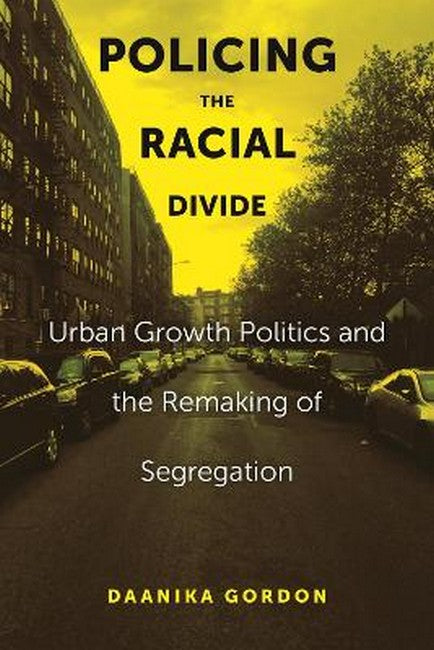Daanika Gordon is Assistant Professor in the Department of Sociology at Tufts University.
Request Academic Copy
Please copy the ISBN for submitting review copy form
Description
In this book, Daanika Gordon explores unequal policing in a rustbelt city. She focuses on the police department's decision to redraw its district boundaries in alignment with the city's segregation boundaries, arguing that these districts were perceived-and policed-differently as a result. Policing the Racial Divide examines the origins and consequences of differential policing, showing us how it can further the uneven development of cities. * Jan Haldipur, author of No Place on the Corner: The Costs of Aggressive Policing * Policing the Racial Divide deftly explores the history, logic, and police practices in two police districts in River City. Gordon shows us 'two worlds of policing,' where officers serve white, middle-class neighborhoods, but surveil and punish Black working-class neighborhoods instead. Ultimately, she highlights the important role that police play in the political economy of the city, serving the broader political, economic, and racial interests of an urban growth coalition. * Amada Armenta, author of Protect, Serve, and Deport: The Rise of Policing as Immigration Enforcement * Drawing on in-depth interviews and hundreds of hours of ethnographic observation, Gordon offers a behind-the-scenes account of how the police reconfigure segregated landscapes through their role in urban growth politics. * Law & Social Inquiry * The author's contribution lies in her structuralist analysis of contemporary conditions and the remedies she offers... [She] argues convincingly that a continuance of the status quo, imprisoned by history and structure, is not a viable option. * Criminal Law and Criminal Justice Books *

